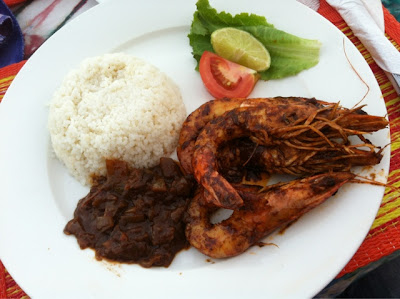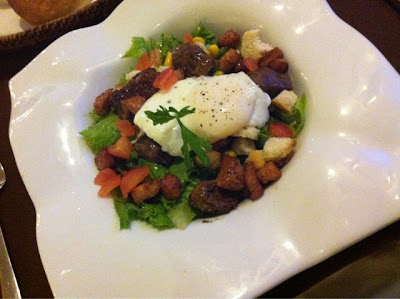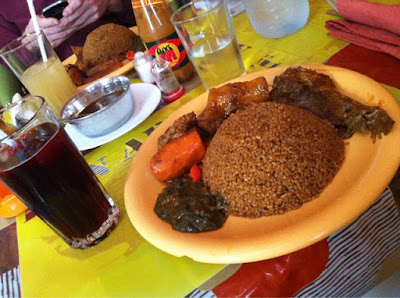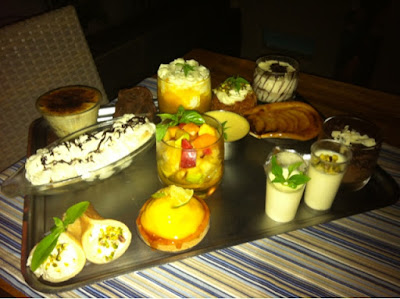Last night I had a dream that I was back in Boston. I think this happens to me when I feel fatigued somewhere far away. Even though I love to travel, it's very different when I'm traveling for work instead of pleasure. When backpacking through Europe I shared a hotel room with 40 people, and woke up excited to explore the city. I had to deal with all the usual troubles--people charging me artificially inflated prices, heckling me with goods on the street, struggling with language issues, etc. Here however, it exhausts me. After a long day of interviewing people, I want to go home and lie down. I don't even know what to say anymore. Everyone has cancer, and statistically, about 80% of them are in advanced stages. I love my job, but I also think I've turned something off in my brain.
I've always said that I don't really have a "home," because I grew up in Boston, but my parents have since moved away from there, and most of my close friends have too. It's times like these however, that I realize how much I miss Boston. I have some fragmented memories of Taiwan and Philadelphia, but I moved to the Boston area when I was in kindergarten, and left when I was 22. I spent one year in San Francisco, constantly wanting to go back to the East Coast, and three years in New York just waiting for law school to be over. Even though I've had fun in other parts of the US, in Boston I never worried. After returning from a long trip, I'd often fall asleep in the car. I'd wake up because there is a large bump in the road as we turn towards our house, and I'd feel the car slow and roll up as we went over it--that's how I knew I was home. My house there was over 200 years old, and beautiful, done in the colonial style.
In my dream however, I wasn't at home--I had gone back to BU (Boston University), and was visiting all the places that I used to go to. I suppose college is a great time for everyone because you are old enough to have a lot of freedom, but young enough to not have any real responsibility. Whenever I'm feeling overwhelmed--whether in Tanzania, San Francisco, or New York, I dream of Boston. I guess Boston really is my home. It's where a great majority of my best memories were created, but it can never be the same since all the people that I love have left (except one friend). If I visit maybe it will feel empty. There is some strange new family living in my old house, and I probably can't access any of the dorms on campus now that I'm not a student anymore. Nevertheless, I think I need to visit. Although it will be pretty cold there, so maybe I'll wait...until April.
I've always said that I don't really have a "home," because I grew up in Boston, but my parents have since moved away from there, and most of my close friends have too. It's times like these however, that I realize how much I miss Boston. I have some fragmented memories of Taiwan and Philadelphia, but I moved to the Boston area when I was in kindergarten, and left when I was 22. I spent one year in San Francisco, constantly wanting to go back to the East Coast, and three years in New York just waiting for law school to be over. Even though I've had fun in other parts of the US, in Boston I never worried. After returning from a long trip, I'd often fall asleep in the car. I'd wake up because there is a large bump in the road as we turn towards our house, and I'd feel the car slow and roll up as we went over it--that's how I knew I was home. My house there was over 200 years old, and beautiful, done in the colonial style.
In my dream however, I wasn't at home--I had gone back to BU (Boston University), and was visiting all the places that I used to go to. I suppose college is a great time for everyone because you are old enough to have a lot of freedom, but young enough to not have any real responsibility. Whenever I'm feeling overwhelmed--whether in Tanzania, San Francisco, or New York, I dream of Boston. I guess Boston really is my home. It's where a great majority of my best memories were created, but it can never be the same since all the people that I love have left (except one friend). If I visit maybe it will feel empty. There is some strange new family living in my old house, and I probably can't access any of the dorms on campus now that I'm not a student anymore. Nevertheless, I think I need to visit. Although it will be pretty cold there, so maybe I'll wait...until April.













